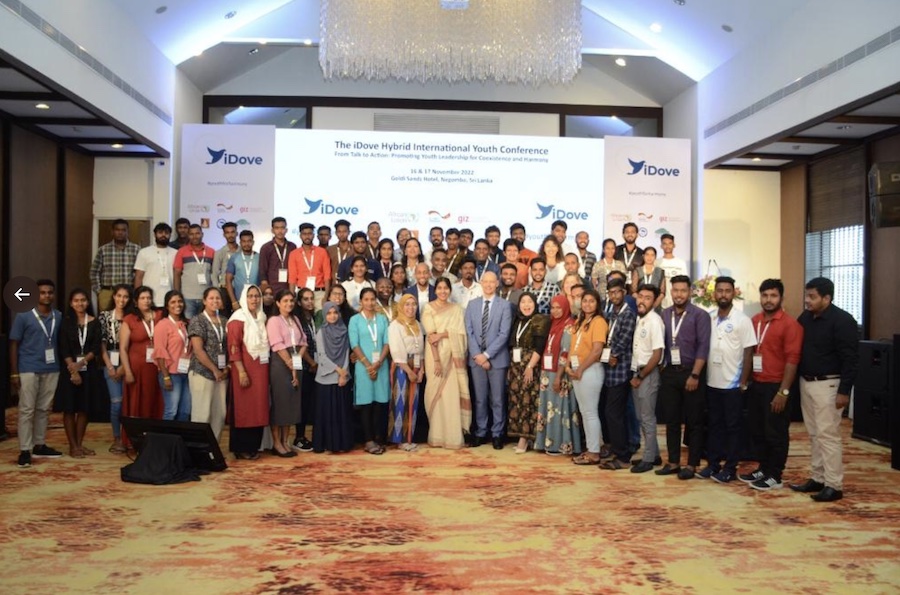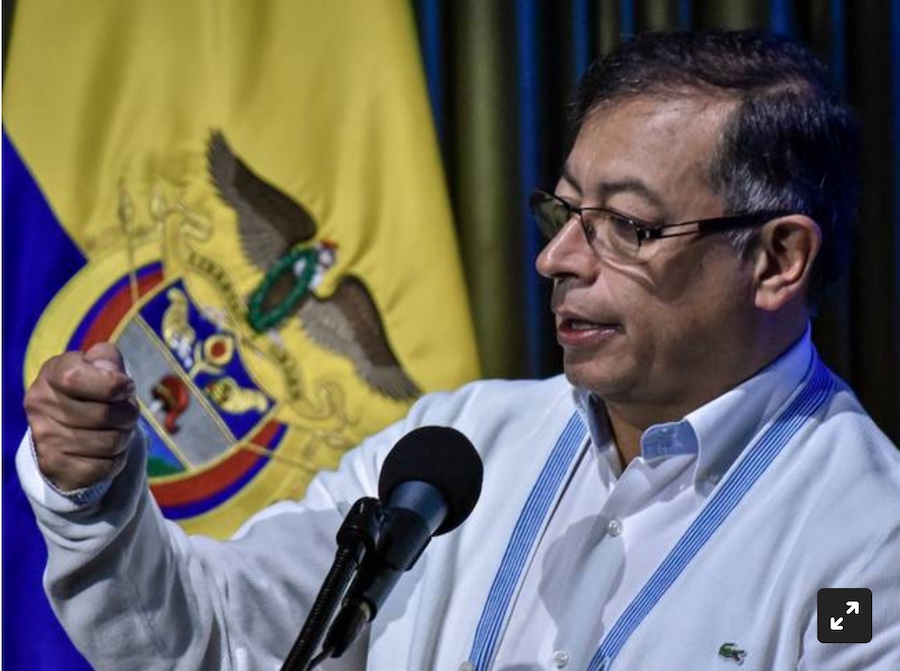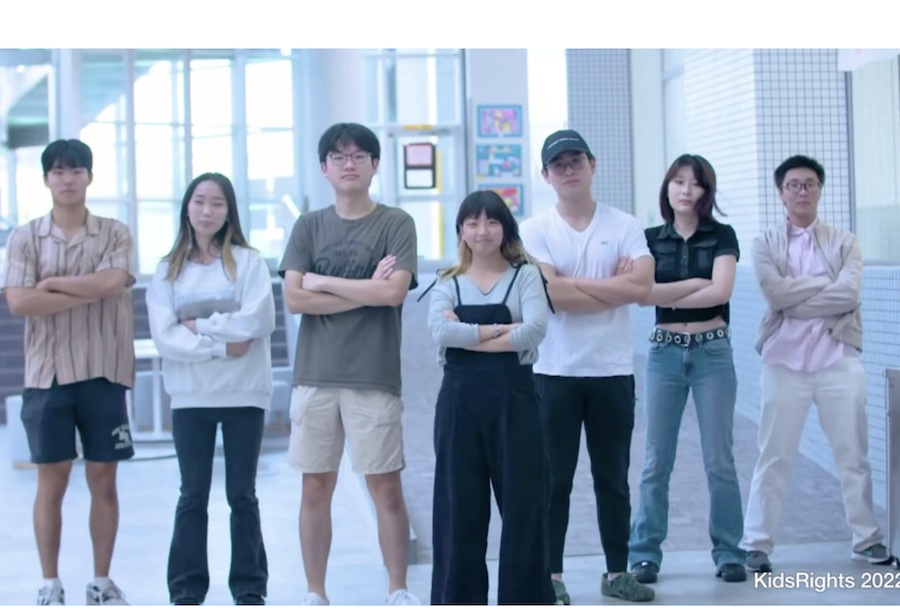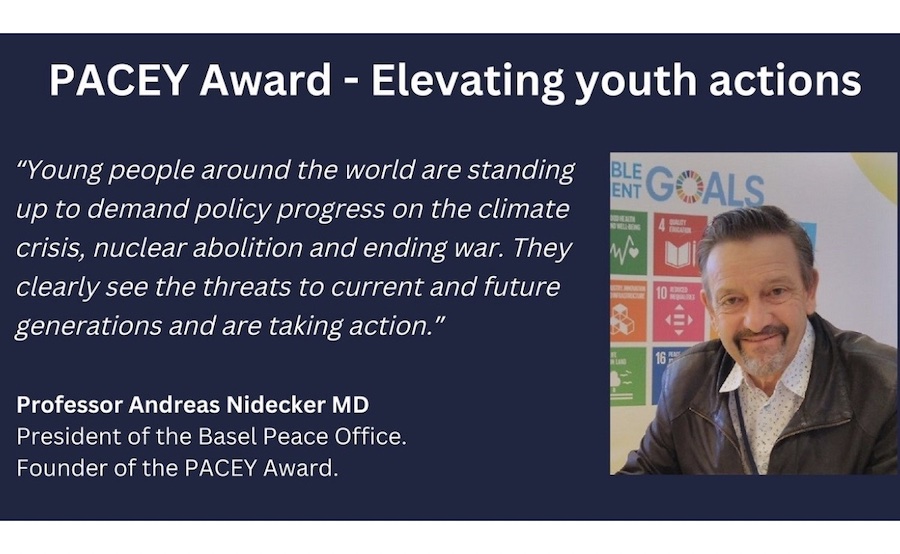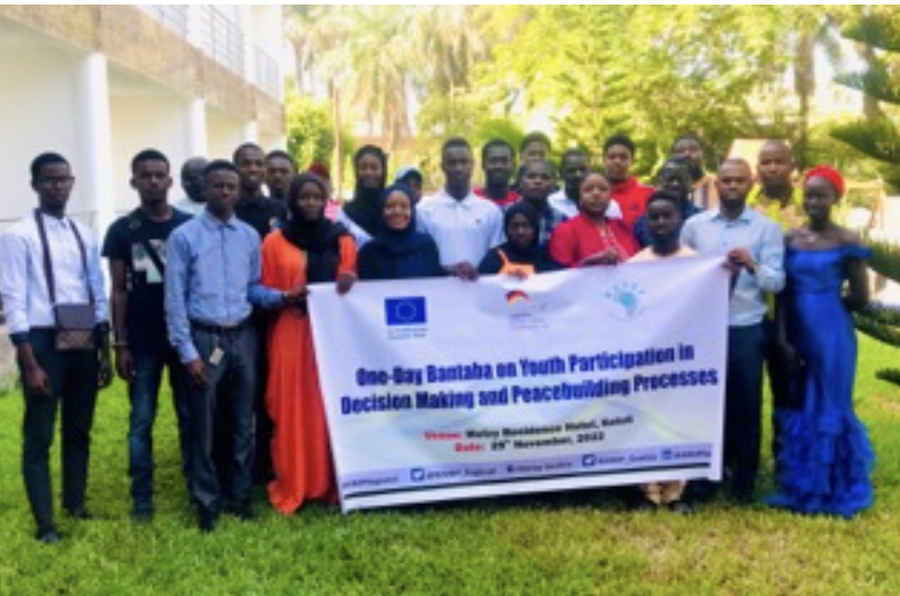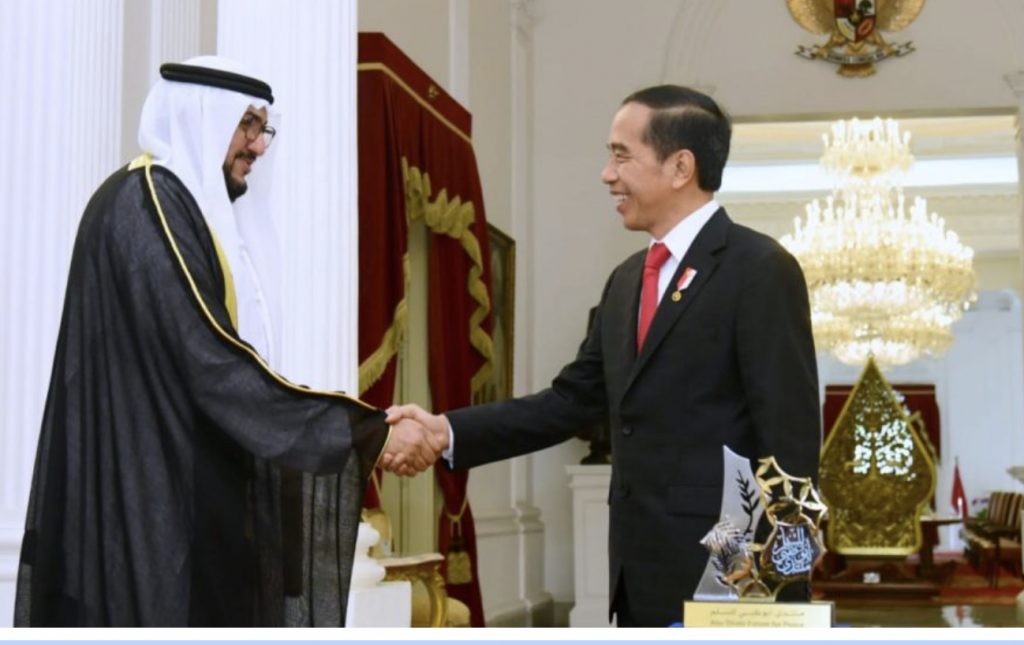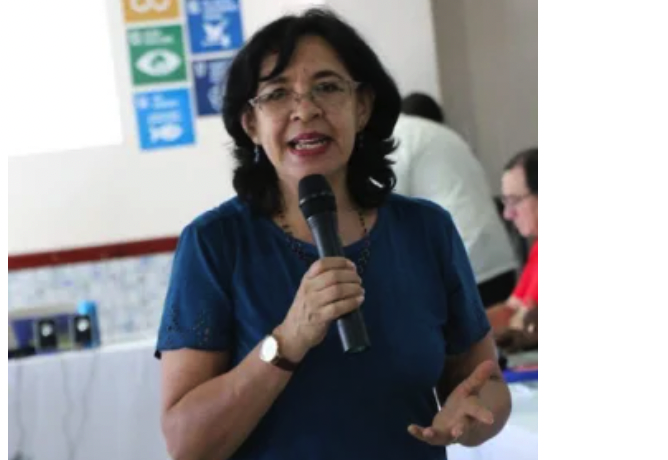. TOLERANCE & SOLIDARITY .
An announcment from the United Nations Alliance of Civilizations
The United Nations Alliance of Civilizations (UNAOC) has launched the call for applications for the 6th edition of its Young Peacebuilders programme in Latin America and the Caribbean (2023), aiming to tackle violent extremism by building inclusive societies with understanding and respect among cultural and religious communities
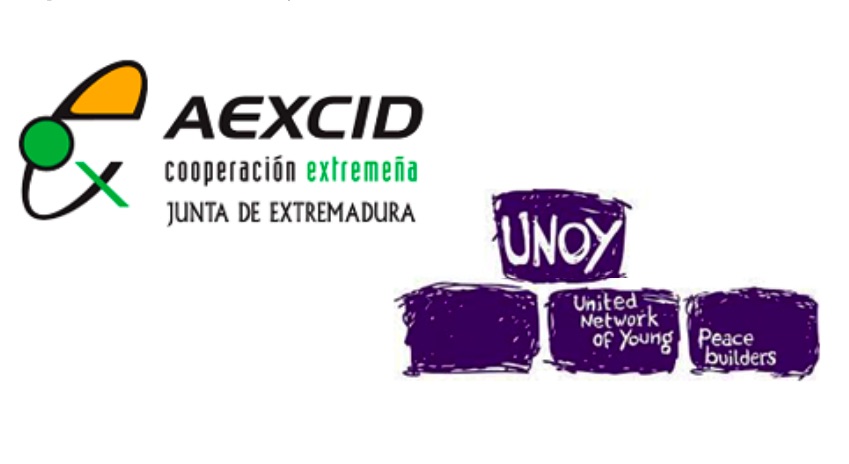
Are you between 18 and 25 years old? *
Are you a citizen of a LAC** country and/or do you currently live in this region?
Are you interested in taking part in an intercultural learning experience with other young people from LAC and improve your actions to promote peace?
Are you part of a youth-led organization, network or initiative?
Do you want to increase your ability to contribute to peace and social inclusion in your community, country and region?
Are you in the beginning stages of your involvement in this type of work and want to learn more?
If yes, apply now for a chance to be selected for a fully-funded participation in the 6th edition of the UNAOC Young Peacebuilders programme in the LAC region (2023).
Deadline to apply: 19 February 2023
* Be 18-25 years of age for the total duration of the project. To be considered eligible, applicants must be born on or between October 25, 1996, and October 25, 2004
** Antigua and Barbuda, Argentina, Bahamas, Barbados, Belize, Bolivia (Plurinational State of), Brazil, Chile, Colombia, Costa Rica, Cuba, Dominica, Dominican Republic, Ecuador, El Salvador, Grenada, Guatemala, Guyana, Haiti, Honduras, Jamaica, Mexico, Nicaragua, Panama, Paraguay, Peru, Saint Kitts and Nevis, Saint Lucia, Saint Vincent and the Grenadines, Suriname, Trinidad and Tobago, Uruguay, Venezuela (Bolivarian Republic of)
Click here to apply for the 6th edition of Young Peacebuilders in LAC
1. The United Nations Alliance of Civilizations (UNAOC)
UNAOC was established in 2005, as an initiative of Secretary-General Kofi Annan and co-sponsored by the Governments of Spain and Türkiye. UNAOC works towards a more socially inclusive world, by building mutual respect among peoples of different cultural and religious identities and highlighting the will of the world’s majority to reject violent extremism and embrace diversity. UNAOC project activities are fashioned around Youth, Education, Media, Migration, and Women as Peace Mediators. UNAOC recognizes the critical role that programming and policymaking in these areas can play in reducing polarization and identity-based tensions and in helping to build bridges between communities. The Alliance benefits from the political support of the Group of Friends, a community of 158 members comprising of Member States and international and regional organizations, which actively promote the Alliance’s objectives.
Learn more about UNAOC and our programming for young people here.
2. Young Peacebuilders in LAC: Programme overview and timeline
Guided by the principle that youth are key actors to achieve peace and prevent violent extremism, as stated by UN Security Council resolutions 2250, 2419, and 2535, and the United Nations Secretary General’s Plan of Action on Preventing Violent Extremism, UNAOC develops educational programming to enhance the ability of young people and their organizations to foster mutual respect, understanding and long-term positive relationships between peoples of different cultures and religions. You may find more information about UNAOC’s Young Peacebuilders initiative here.
The 6th edition of the Young Peacebuilders programme in Latin America and the Caribbean (LAC) 2023 is designed to strengthen the skills of young women and men from the region in tackling stereotypes, prejudice and xenophobia while providing them with access to regional and global peacebuilding networks and raising visibility of their innovative and effective peace work in the field. The long-term goal is the integration of young peacebuilders in governmental peace processes / policies.
This 6th edition will be implemented in collaboration with the United Network of Young Peacebuilders (UNOY) and is funded by AEXCID (Agencia Extremeña de Cooperación Internacional para el Desarrollo).
The aim is to support the growth of networks of young peacebuilders who are equipped with the tools to address stereotypes, prejudice and polarization in order to build more inclusive and peaceful societies, tackling the drivers of violent extremism.
In order to participate, applicants must commit to completing all phases of the programme, outlined below. Online involvement is part-time, while the workshop is a full-time, one-week experience.
Participation in the results-sharing symposium is also mandatory.
During the programme, 20 selected participants will:
Learn about stereotypes and how to critically analyze them to reduce their prevalence;
Understand different perspectives in identity-based conflict and gain tools to develop solutions at local, national and regional levels and transform conflicts peacefully;
Identify push and pull factors creating conditions conducive to violent extremism;
Develop competencies to use different forms of media or expressive arts as a way to create alternative narratives, reduce polarization and promote social inclusion;
Learn how to successfully design and run your project.
Programme components:
Part 1: online phase (+/- 2 months). Participants access the course through an online collaborative platform provided by UNAOC. UNAOC and other trainers facilitate the modules of the curriculum, giving an opportunity to participants to get to know each other prior to their first in-person meeting. They also start getting exposed to tools and concepts, engage in discussion and start reflecting on their peace actions. Time commitment: 4 to 5 hours per week to complete the modules (some work can be completed offline).
Part 2: face-to-face workshop (+/- 7-8 days). All participants travel to complete the training and experience how peacebuilding is successfully implemented through 1 or 2 local field visits. They also work on the development of their own action plan.
Part 3: applied learning (+/- 3 months). Implementation of a personal peace initiative: participants are guided by UNAOC’s professional trainers and stay connected with other participants while reporting on the implementation of their projects.
Part 4: results sharing symposium (2-4 days). Participants are invited to travel and participate in a symposium during which they share their experience, lessons learned, achievements and recommendations with a broader audience of practitioners, policymakers, media and the general public. They also engage with this audience on topics related to intercultural dialogue, peace and security.
(continued in right column)
Question related to this article:
Youth initiatives for a culture of peace, How can we ensure they get the attention and funding they deserve?
(continued from left column)
3. Tentative timeline and logistics
January-March 2023: call for applications
By April 2023: selected participants are notified
May-June 2023: selected participants take part in introductory online modules (part 1)
June-July 2023: participants travel to take part in the face-to-face workshop (part 2)
July-September 2023: participants commit to conduct peace activities in the three months following the workshop (part 3)
October 2023: Results-sharing symposium at a location to be determined
Language: The working language of the programme is English.
4. Costs covered by the organizers
All selected youth participants will be provided with:
Round-trip travel (international or domestic flight, economy class) to the city of the face-to-face workshop and (for those selected) to the city of the symposium;
Accommodation in the city of the face-to-face workshop and the symposium
Meals and coffee breaks during the official duration of the workshop and the symposium
Shuttles or reimbursement of transportation to/from the airport and hotel in the city of the face-to-face workshop and in the city of the symposium.
5. Costs covered by the participants
For the workshop and symposium, youth participants will be responsible for their transportation to and from the airport in their country of residence (and embassy in case a visa is needed), as well as any personal and incidental expenses incurred outside of the official portions of the workshop, such as souvenirs, equipment, additional food, etc.
6. Selection of participants
Youth participants aged 18-25 will be selected on the basis of merit demonstrated through motivation and interest, their experience and their potential for dissemination and applications of lessons learned.
The selection committee will ensure balance in terms of age, gender, geography, and diversity of backgrounds among selected participants.
In addition, special attention will be paid to ensure participation of youth from marginalized or disadvantaged groups. The selection committee will be composed of representatives of UNAOC, youth-led structures and relevant stakeholders in the field.
Eligibility criteria (all requirements must be met in order to be considered eligible):
Age: Applicant must be 18-25 years of age for the total duration of the project. To be considered eligible, applicants must be born on or between October 25, 1996, and October 25, 2004.
Region: Applicant must be a citizen of and/or currently live in one of the following countries of Latin America and the Caribbean: Antigua and Barbuda, Argentina, Bahamas, Barbados, Belize, Bolivia (Plurinational State of), Brazil, Chile, Colombia, Costa Rica, Cuba, Dominica, Dominican Republic, Ecuador, El Salvador, Grenada, Guatemala, Guyana, Haiti, Honduras, Jamaica, Mexico, Nicaragua, Panama, Paraguay, Peru, Saint Kitts and Nevis, Saint Lucia, Saint Vincent and the Grenadines, Suriname, Trinidad and Tobago, Uruguay, Venezuela (the Bolivarian Republic of).
Organization: Applicant must be active (staff, volunteer, etc.) in a non-government and non-for-profit youth-led organization, network, initiative, or movement (led by youth for the benefit of the youth) and have the ability to consult with and reach a wider group of young people, audience or network, including at the grassroots and community level.
Commitment: Demonstrate commitment to diversity and pluralism, nonviolence, peaceful and inclusive societies. The organizations and networks represented should: Adhere to the Universal Declaration of Human Rights and the principles and values of the Charter of the United Nations; have internal democratic and transparent processes of leadership, decision-making, and consultation; be independent, unaffiliated with any political party.
Language: A strong command of English is necessary to take part in the online phase and in-person workshop. The applicant must understand English very well and possess intermediate to fluent levels of English, which would allow them to participate in the conversation and provide their input.
Prior experience: Applicant must never have taken part in a programme of UNAOC (Summer School, Youth Solidarity Fund, Intercultural Innovation Award, PLURAL+, PeaceApp, Youth Event at the UNAOC Global Forum, Fellowship Program, Young Peacebuilders, #YouthWagingPeace, Sport and PVE youth fora, EDIN, #DigitalGamesforPeace, Sport for One Humanity).
Passport: In order to be accepted in this programme, selected applicants must hold an international passport valid until at least April 15, 2024. Failure to provide a copy in due time will result in the cancellation of participation.
Completion and submission of requirements: The application is duly completed, submitted by the deadline, and contains all supporting documentation, requested as part of the call. Half-complete applications or applications filled in other languages than English will not be reviewed and considered.
Selection criteria:
Motivation and contribution to the programme:the applicant demonstrates that she/he is highly motivated to complete all portions of the programme.
Interest in themes:the applicant shows some experience in issues related to intercultural dialogue, peacebuilding and preventing violent extremism through examples of initiatives he/she is part of or is demonstrating a great interest to get involved in this set of issues.
Experience and potential: the applicant is at the beginning stages of his/her involvement or career in the field of peacebuilding and has specific goals to improve his/her skills and to make contribution to peace.
Outreach: the applicant and his/her organization have the capacity and motivation to absorb and disseminate the lessons learned back to their community, organization and to a wider network or audience.
Future impact and follow up:the applicant expressed his/her strong commitment to conduct personal peace initiatives in their community during the implementation phase and beyond
In order to be considered complete and valid, the application package must include the following and be submitted through the online application system available at apply.unaoc.org/young-peacebuilders-2023/:
An application form, completed and certified by the applicant;
A copy of the identification page of your international passport.
Word/character limit for each question in the application form needs to be respected. The application system automatically counts words and characters.
The application deadline is February 19, 2023, 11:59 PM Eastern Daylight Time (New York).
